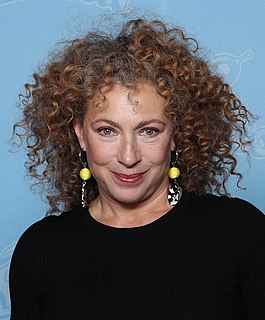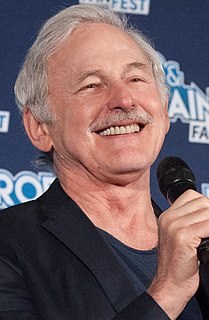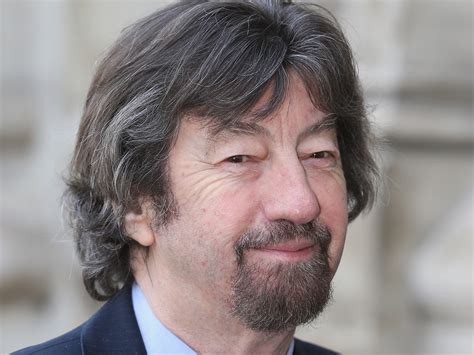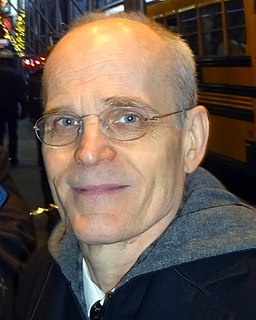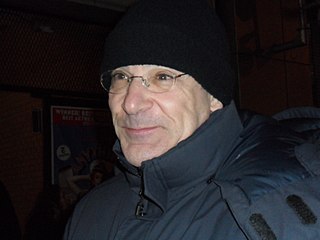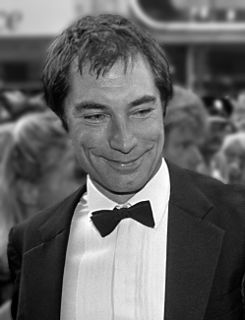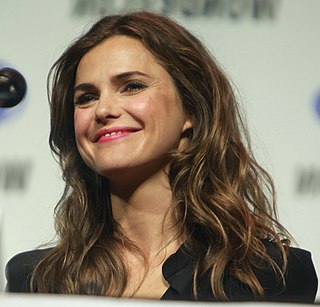A Quote by Alex Kingston
I don't think my looks are modern. I always imagined I'd end up doing Chekhov, Ibsen and Shakespeare all my life and never play a contemporary character.
Related Quotes
I grew up in the theater, and you can't improvise Shakespeare and Ibsen. You have to speak the language. But obviously, in a contemporary film, there's often room for improvisation and spontaneous things that happen. As long as I know what I'm trying to achieve in the scene, and when something comes up, I know that the response is genuine, I'm comfortable. That's really how I build everything.
A play is basically a long, formalistic polemic. You can write it without the poetry, and if you do, you may have a pretty good play. We know this because we see plays in translation. Not many people speak Norwegian or Danish or whatever guys like Ibsen spoke, or Russian - yet we understand Chekhov and the others.
I think it's quite common and realistic. There are many stories like this [in Waitress]. [Jenna, my character] marriage looks really horrible up on the screen but I think there are a lot of people in bad relationships who wake up and think to themselves: "Wow, how did I end up here? Why am I still here and so unhappy and not satisfied with my life?"
I did The Seagull, the Chekhov play, on Broadway, a couple of years ago, and I had done it in London, and I became completely obsessed with the character, Nina, that I played in that. She's an actress. I couldn't find a play after that, that I wanted to do, because I couldn't think of doing anything else. Every part is a disappointment, once you've done that part.
